Preparing before you go
There are several things that need to be done prior to leaving Australia and some are not so obvious. Redirecting and having someone deal with your mail is a good first step. Receiving as much mail in electronic form is one way to eliminate most, if not all, paper mail. Paying bills whilst overseas is fairly straightforward via the internet however there are times when banks or service providers send a code to your mobile phone for verification. We have had our credit cards frozen due to suspected fraudulent activity and a message sent to our registered mobile phones. This is fine, except if you have changed the SIM card in your phone to a local SIM and your Aussie SIM is not able to be accessed. We therefore travel with two extra mobile phones (cheap older devices that can accept and send text messages) for such occasions. It is also useful for if/when family members need to get in touch with us urgently. Using local SIM cards in the various countries we travel to has been a great money and time saver, particularly having internet access while out and about to look up timetables, opening hours, local cafes and even post pics to social media. We even did a
live video call in Mumbai India the day we visited the meeting point of the Dabbawallahs as well as one in
Bern Switzerland when it was snowing.
Suspending your health insurance while overseas can save you money without effecting your lifetime cover loading. Once again, your policy will provide the details as the minimum and maximum times for which you can suspend cover differs between funds. However, as a general rule, you need to suspend your membership for a minimum of two months up to a maximum of two years. Without health insurance, you definitely need travel insurance to cover emergency medical expenses and other cases of misadventure. While many travellers use credit card insurance, this may not necessarily be appropriate for long term house sitters. Credit card insurance policies often only cover trips for a maximum of three months. Some also require a return trip back to Australia be booked prior to departure. Check your policy carefully and take appropriate action. We have travelled on both credit card insurance (ANZ Rewards Credit Card) and also purchased insurance outright for other trips through Easy Cover and Budget Insurance Direct.
On the subject of credit cards, having access to your money while overseas needs to be planned. It can cost you significantly to withdraw money from ATM’s or use a credit card that incurs international transaction fees. We have changed all our credit card and ATM cards to providers that mean we pay no fees while giving us easy access to our money. Using a combination of cards and having a secondary cardholder on the account can help mitigate against being stranded without funds. One of our wallets was stolen overseas, still with several months before we returned home. Our planning and use of secondary cards on our accounts meant we could continue unhindered. Our go-to cards are Coles Rewards Mastercard and Citibank Visa Debit card and we never use travel money cards. Further details on which cards we use can be found at our blog post,
Travel Like a Financial Ninja.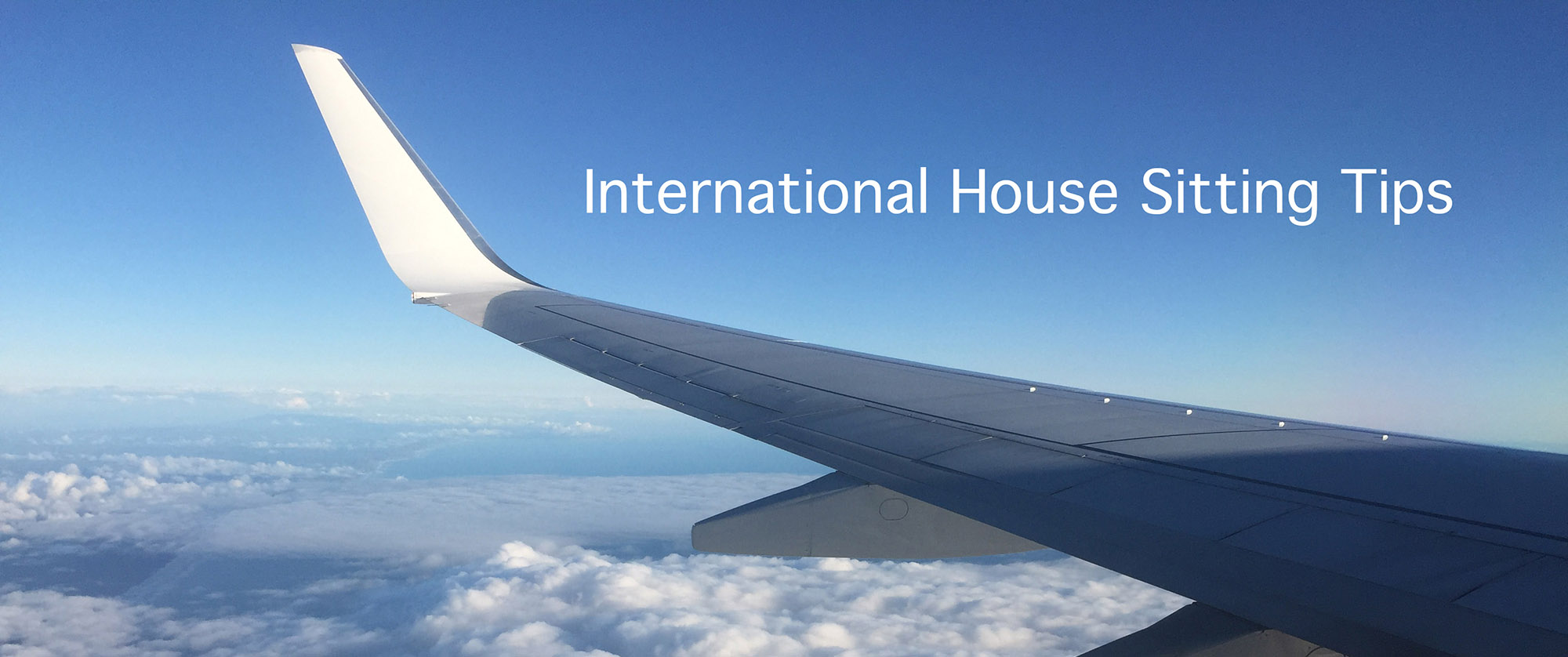

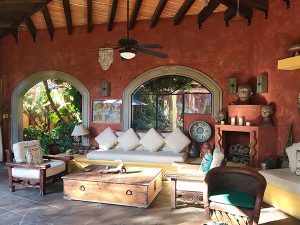

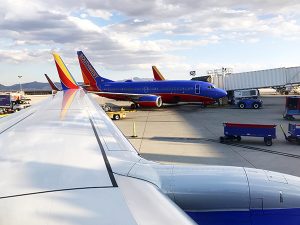

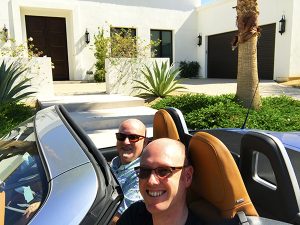
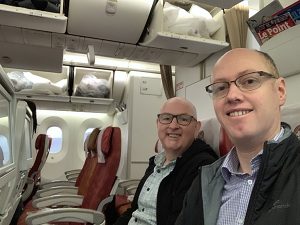


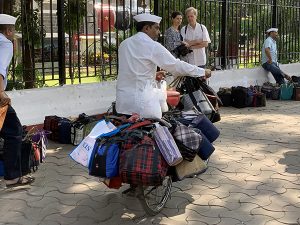
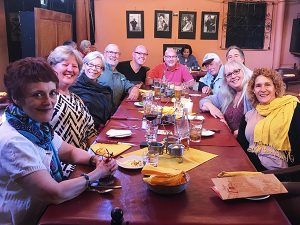
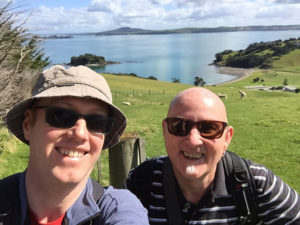
Well done ! Good advice for sitters….
Very interesting read.
Thank you for sharing.
I love travel, your lifestyle is working out well for you. When i sell my house I would like to travel Australia house sitting as a way to experience different regions.
Thanks Tracey. It truly is a wonderful lifestyle & a great way to travel, even in your home country & city. We’ve lived in places in Australia we never dreamed possible.
Hi guys, what a fabulous coverage, thank you. Having had in nomadic lifestyle for years, and house sitting over 6 but so far only Aussie and New Zealand, I really enjoyed reading about your international periods and hint with it…. Haven’t got I to a website….. Work in progress..
Thanks Rose. Can highly recommend international sitting, particularly Mexico. Let us know if you have any questions.
Wow what a great read. You have covered almost everything and explained it with enough details to easily follow. Thank you for sharing your experience
Debi (Australia)
Thanks Debi – pleased you found it useful. Let us know if we have missed anything or if you have any further questions.
Great advice.
What an amazing experience you are both having
Hi Kim. It certainly is a great lifestyle and we are so blessed. Thanks for commenting.
Wow!!! Thanks for all the info!!!
Our pleasure Marilise – hope you find it useful.
A very thoughtful and well executed post. Lots of useful information, that would be of great help to those folk contemplating a house sitting and travelling life “on the road”.
Thanks Sue. It’s been such a pleasure to have you along on our house sitting adventures.
What a wonderful resource. Just jam packed full of great tips. I have saved this post to Pinterest for future reference. I’m certain I will be referring repeatedly to this post as we plan international HS in 2020. Thanks so much.
Thanks Estelle and pleased you found it useful. Look forward to following your international adventures in 2020.
A really good read and a great resource for future trips. A couple of points that leapt into my mind as I was reading:
Baggage allowances can be tight on the budget airlines.
Cheap car hire in Spain can be fraught with problems due to unscrupulous companies. Extra hidden charges, getting you to pay for damage you didn’t cause, not being available to report damage seen in daylight when the car was picked up at night etc
Getting all your bills sent electronically is fine until you try to use an American owned car hire company who insist you present a utility bill not more than 3 months old as part of the rental verification process.
Hope these points are useful,
Happy housesitting,
Hilary
Pinar de Campoverde, Spain
Thanks Hilary and baggage limits are always a consideration. Also, good to know about the car hire in Spain. Interesting that a car hire company wants a utility bill in the US too – all part of the adventure!
Great informative post. Something we hope to do in a few years time.
Thanks Wendy. It is a terrific lifestyle. Ask any questions you have – happy to help.
Hi Andrew,
I enjoyed your tips and read with interest about credit card travel insurance. One thing we have done is to get 12 months worth of travel insurance and at the end of the month we will go on our fourth trip within that time.
Another thing we found out about was Australia has a reciprocal agreement with UK and other countries to cover health cost. While we were in Scotland I needed a doctor and two scripts which was all covered for free. All I had to do was show my drivers licence and medicare card. Not all doctors surgeries know about this and we were charged for a script the year before for a vitamin supplement that is available over the counter here.
So Australians in UK are covered for medical
Thanks,
Del
Thanks for reading Del and the info for the UK. New Zealand has a similar program where you are covered for emergencies. We too have used multi-trip policies although find we visit so many different parts of the world that sometimes it is cheaper to buy separate policies. Happy travelling!
Thank you so much for this post. We are in the process of selling out house so we can travel the world indefinitely. Unfortunately, we are having trouble getting enough info about visas. We are thinking of getting a 6 month visa to Canada and possibly doing a few trips into the US from there. Do you know it we can then look at getting visas for our follow on travel (e.g. UK for 6 months) without having to come back to Australia? Having you come across any specialists who help with this kind of thing?
Hi Karenlee – sounds like a great trip. The best people to advise on visas are the consulates and embassies. You will read a lot of information online but this is sometimes not the full story. Be careful about constantly hopping across borders between Canada and the US as the US can count time spent in Canada as part of your original 90 day tourist visa. We have found that having onward travel booked, confirmed with documented evidence is best practice when crossing borders as it shows your intention that you won’t be overstaying any visa etc. Good luck with your trip.
Thanks heaps for the advice.
Our pleasure! Happy travels and house sitting.
We , too are having great fun full time house sitting ! My wife and I sold up our house in the UK after 37 years of marriage and 3 grown up kids had flown the nest and set up homes of their own. We started through Trusted Housesitters in 2013 and never looked back , the first year was many UK short term sits ( week or two ) plus some in France, Italy and Ireland – one of which lead to very long term arrangement looking after a house and a couple of gites in France for six months spring and summer. The owners have moved to Asia , they organise the bookings and deal with the money and we do the changeovers and look after the property , grounds and pool etc .
We spend the Autumn and Winter at regular house sits in Brittany and the UK plus a few new ones each year – sometimes even squeeze in a holiday to visit one of our sons , who now lives in Dubai.
It has proved to us , you just need to trust your instincts and get on with life – most of our friends thought we were mad at first but now they all appear jealous of our lifestyle!!
Have fun out there , life is too short not to …………
Thanks for your comment Steve. It’s amazing how our friends and family thought we were crazy (some still do) but we love our house sitting lifestyle. We are hopefully headed back to Europe/UK late 2020 so would be great to catch up, or even in Dubai as we want to go to the World Expo. Keep living the dream and exploring this great world.